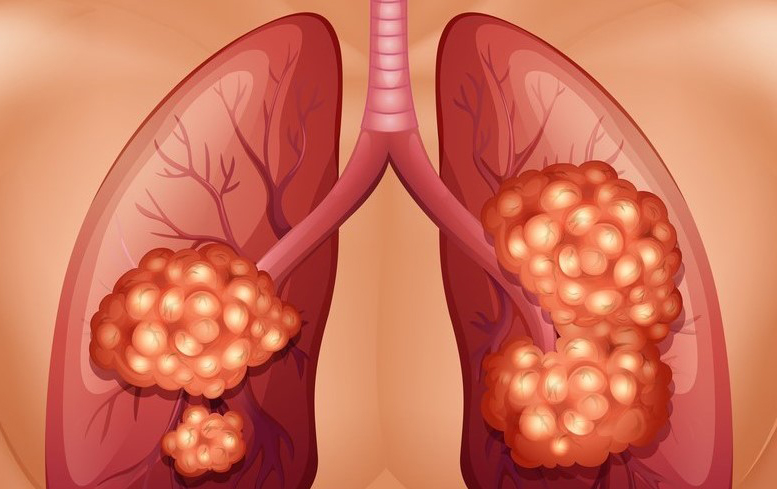There are different treatment options available for bladder cancer. Outside of surgery and radiation therapy, there’s also chemotherapy and immunotherapy.
Chemotherapy
Chemotherapy uses drugs to kill cancer cells. It works by stopping the cancer cells’ ability to grow and divide. A patient may be given one drug at a time or a combination of drugs.
Bladder cancer chemotherapy can be intravesical chemotherapy and systemic chemotherapy.
In intravesical—or local—chemotherapy, the drugs are delivered into the bladder by means of a catheter inserted through the urethra. This type of chemotherapy destroys the superficial tumor cells that are touched by the chemotherapy solution. However, it is unable to reach those tumor cells that have made their way into the bladder wall or spread to other organs.
The most common drugs used in intravesical chemotherapy are (Mitozytrex, Mutamycin) and thiotepa. Cisplatin (Platinol), doxorubicin (Adriamycin), gemcitabine (Gemzar), and valrubicin (Valstar) are also used.
In systemic—or whole-body—chemotherapy, the chemotherapy flows through the bloodstream to cancer cells that are in other places in the body as well. Systemic chemotherapy is usually administered via an intravenous tube or via a pill.
The drug combinations for systemic chemotherapy are usually cisplatin and gemcitabine; carboplatin (Paraplatin) and gemcitabine; MVAC, which combines , vinblastine (Velban, Velsar), doxorubicin, and cisplatin; or dose-dense (DD)-MVAC.
Immunotherapy
Immunotherapy—or biologic therapy—boosts the body’s natural defenses to help it fight cancer.
Bacillus Calmette-Guerin (BCG) is the standard immunotherapy drug used for bladder cancer. BCG attaches itself to the inner lining of the bladder, stimulating the immune system to attack the tumor.
(Roferon-A, Intron A, Alferon) is another immunotherapy that will sometimes be combined with BCG.
There are also immune checkpoint inhibitors, which are drugs that block the protein PD-1. PD-1 can stop the immune system from destroying cancer cells, and as a result, blocking this protein gives the body a better fighting chance against cancer. Immune checkpoint inhibitors include atezolizumab (Tecentriq), (), avelumab (Bavencia), durvalumab (Imfinzi), and ().
Featured image: j.dudzinski via DepositPhotos
Posted on March 24, 2023



